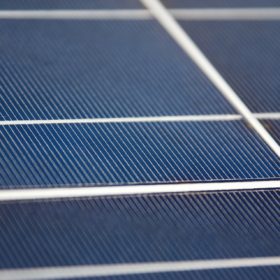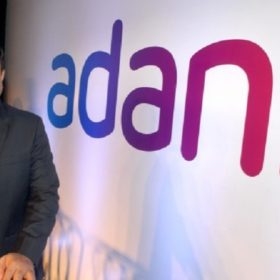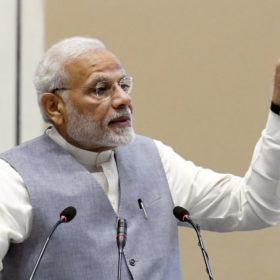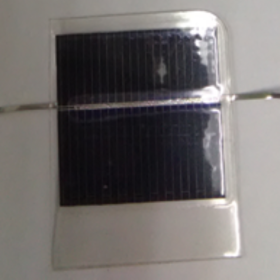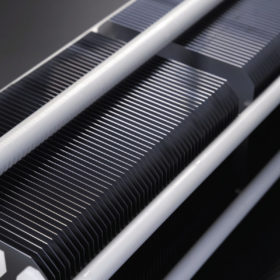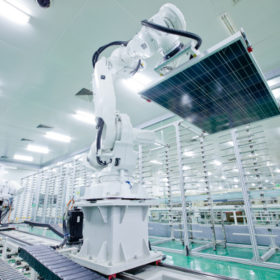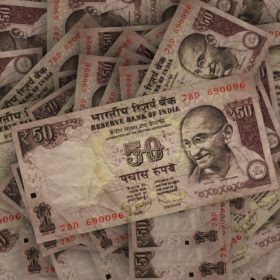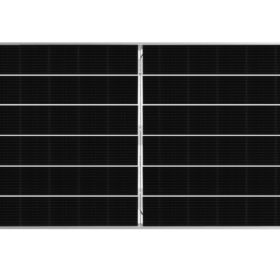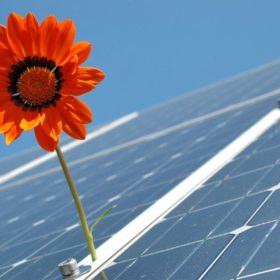New method to measure cell voltages in operational PV modules
Scientists in Japan have proposed a new model to estimate cell voltages in solar modules by irradiating the cells with a weak modulated laser light. The method could be used to detect hot spots and other panel-degradation issues, such as potential induced degradation (PID) peeling, cracking, and poor contacts.
Adani chief talks solar and hydrogen storage opportunity
Covid-19 crisis has provided system operators with insights on keeping the grid stable with high levels of renewable penetration. Post Covid-19, this may be the new norm, Gautam Adani said in a LinkedIn post recently.
Modi calls for a rooftop-solar-powered city in every state
The prime minister again emphasized the need for India to develop a domestic solar manufacturing industry and also urged officials to get on with plans to make Ladakh carbon-neutral.
Pouch lamination technique for solar cell encapsulation
Madurai Kamaraj University scientists have used a pouch laminator to encapsulate a polycrystalline solar cell. The resulting device, the researchers claim, showed better UV photon absorption than solar cells treated with a polymer surface coating.
Innovation promises cheaper solar cell glass manufacturing
Indian scientists have developed a hybrid production method combining metal mesh and a metal-oxide layer over a glass substrate which they say brings down production cost by 80% compared to the tin-doped, indium oxide-based technology currently in use.
The long read: Carriers key for quality cell surfaces
The path to lower solar LCOE can be painful; just ask a PV manufacturer. However, ever-larger crystalline wafers may cause more pain than they are worth, argues Gerry Knoch, the managing director of wet bench provider exateq. For high efficiency, eliminating cross contamination in wet processes is vital and can be achieved – with carriers playing an important role.
China’s JinkoSolar the biggest module supplier to India in first quarter
All the JinkoSolar PV modules shipped to India during January to March period of 2020 are based on mono PERC technology, comprising full-cell and half-cell modules.
Covid-19 impact: Acme Solar wants to abandon record-low solar price tariff
The developer wants to cancel the power purchase agreement it signed in 2018 for a 600 MW project awarded at a tariff of Rs2.44/kWh, as it fears Covid-19-affected commissioning of the project will stretch beyond the six-month extension from the scheduled date enshrined in the agreement.
Jinko launches PV module with record output of 580 W
The panel is part of the company’s new Tiger Pro series, which includes two 530 W modules and a 430 W product for distributed-generation applications. It will begin production of the series in the fourth quarter, although it will start accepting first orders immediately.
New method for life cycle assessment of PV technologies
Researchers in Australia have conducted a ‘cradle to grave’ life cycle assessment (LCA) of the four most widely used PV technologies. The academics say that cadmium telluride solar modules have the lowest life cycle impact, followed by amorphous, multi and monocrystalline silicon products.
